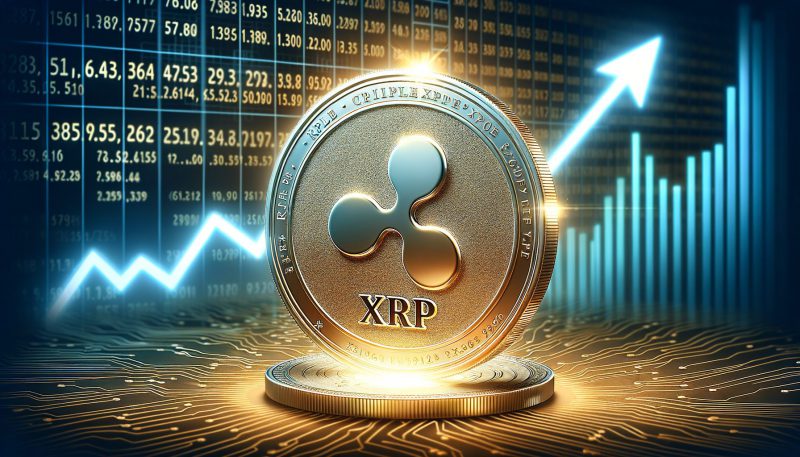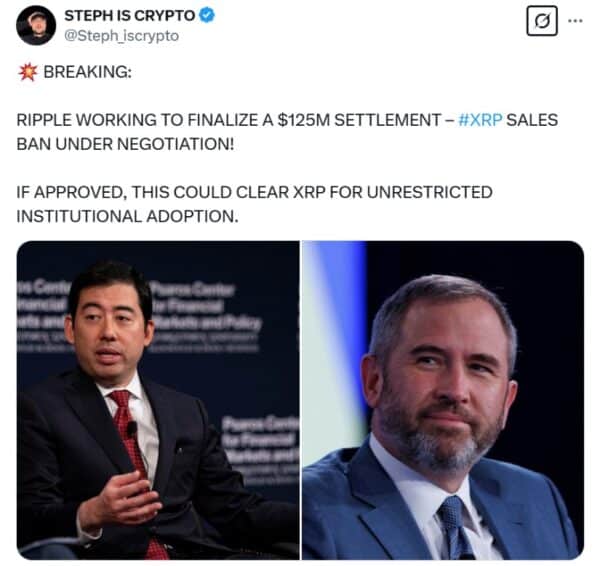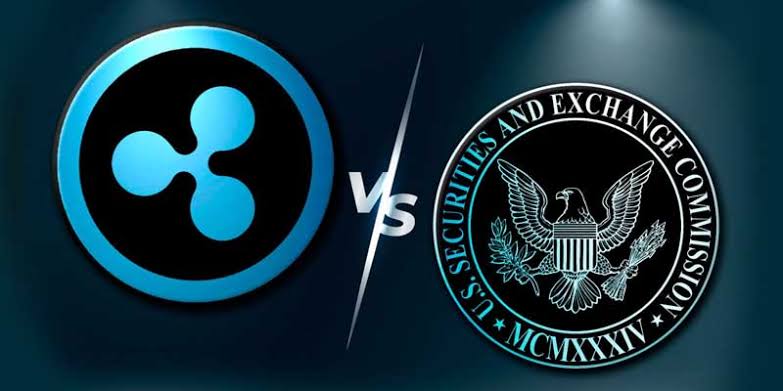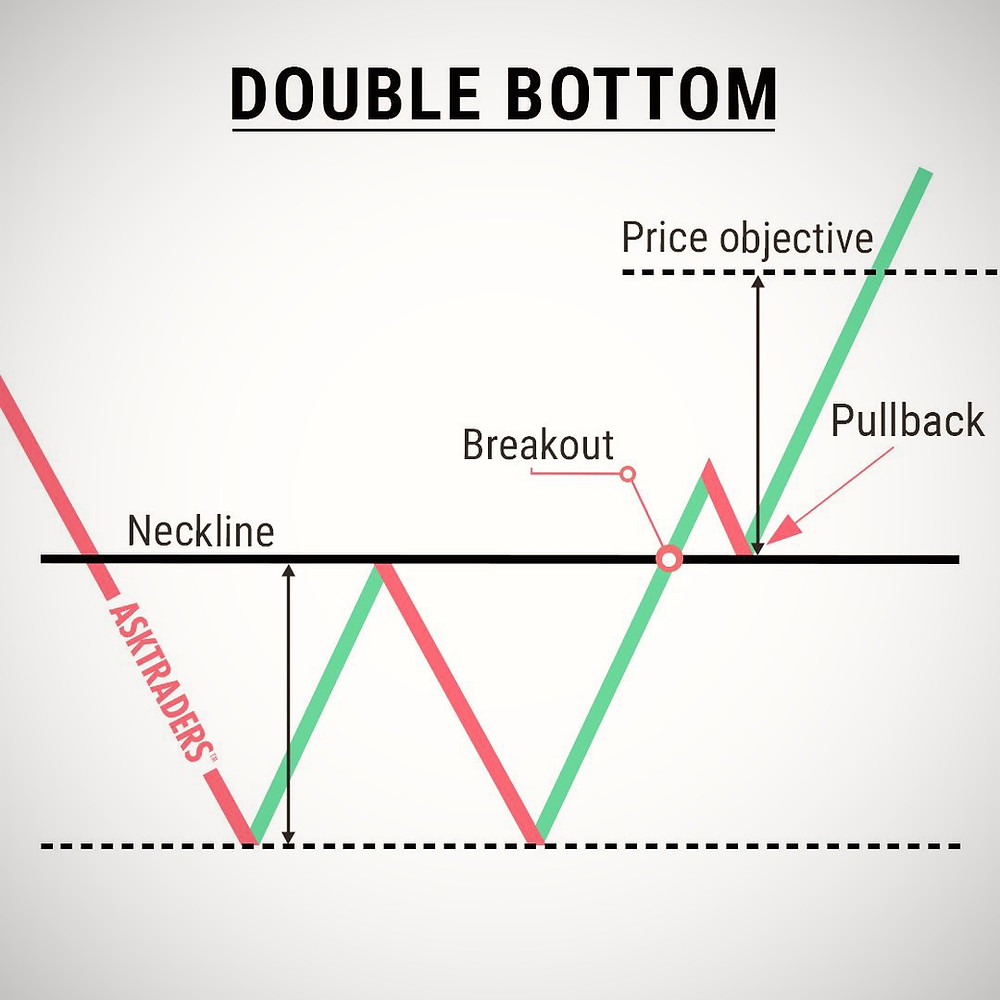The Target Boycott: A Reflection On Corporate Social Responsibility And Consumer Activism

Table of Contents
The Target boycott refers to the significant consumer backlash against the retail giant Target in 2023, stemming from the company's Pride month collection. This collection, featuring LGBTQ+-themed merchandise, sparked a widespread boycott driven by various groups and individuals expressing disapproval. This article will analyze the Target boycott, examining its causes, consequences, and implications for both corporations and consumers, highlighting the critical role of corporate social responsibility in navigating the complexities of modern consumer activism.
Understanding the Roots of the Target Boycott
The LGBTQ+ Collection and the Backlash
The controversy originated from Target's Pride month collection, which included clothing, accessories, and home goods featuring LGBTQ+ inclusive designs and messaging. This collection, intended to celebrate Pride and show support for the LGBTQ+ community, triggered a significant backlash from various groups who voiced objections on religious, political, and personal grounds. The perceived promotion of LGBTQ+ ideology within a mainstream retail setting fueled the controversy and became a focal point of opposition.
The Role of Social Media in Amplifying the Boycott
Social media played a pivotal role in rapidly spreading information about the Target boycott and mobilizing participants. The speed and reach of online platforms amplified the controversy far beyond traditional media outlets. Specific tactics included:
- Twitter trends: #BoycottTarget became a trending hashtag, driving widespread awareness and discussion.
- Instagram posts: Influencers and everyday users shared images and videos expressing their disapproval and urging others to join the boycott.
- TikTok videos: Short-form videos amplified the message, reaching a younger demographic.
- Facebook groups: Dedicated groups were created to coordinate the boycott efforts and share information.
The impact of these viral campaigns and influencer involvement was significant, drastically increasing the boycott’s reach and effectiveness.
Religious and Political Underpinnings
The motivations behind the boycott were diverse and complex. For some, religious beliefs informed their opposition, viewing the LGBTQ+ collection as contrary to their values. Others cited political ideologies, framing the boycott as a resistance against what they perceived as progressive social agendas. Still others expressed concerns about the appropriateness of the merchandise for children. Understanding this diverse range of perspectives is crucial to comprehending the boycott's scale and impact.
Analyzing Target's Response to the Boycott
Initial Corporate Response
Target's initial response to the controversy was met with mixed reactions. While the company attempted to address concerns, some critics felt the response was inadequate and lacked a clear acknowledgment of the issues raised. The lack of a strong, proactive initial statement allowed the negative sentiment to escalate.
Damage Control and PR Strategies
Subsequently, Target engaged in damage control efforts, including issuing public statements and attempting to engage with various stakeholder groups. However, these strategies were largely unsuccessful in stemming the tide of the boycott. The company's lack of a decisive and unified response further fueled the negative publicity.
The Financial Impact
The Target boycott had tangible economic consequences. While exact figures are difficult to ascertain definitively due to the complexities of isolating boycott impact from other market factors, reports suggest a noticeable decline in sales and a negative impact on the company's stock price during the period of the boycott. This demonstrates the substantial economic power wielded by consumer activism.
The Broader Implications for Corporate Social Responsibility (CSR)
Navigating Controversial Issues
The Target boycott highlights the significant challenges corporations face when addressing sensitive social issues. Balancing the desire to embrace inclusivity and social justice with the need to avoid alienating significant portions of their customer base presents a complex dilemma. Careful consideration, thorough research, and anticipatory risk management are essential to navigate such controversial issues effectively.
The Power of Consumer Activism
The Target boycott underscores the escalating influence of consumer activism in shaping corporate behavior. Consumers are increasingly using their purchasing power to voice their opinions and drive social change. This development forces corporations to consider not only profit but also the ethical implications of their actions.
The Future of CSR and Stakeholder Engagement
The incident emphasizes the evolving expectations of consumers regarding corporate social responsibility. Authenticity and transparency are paramount. Corporations must prioritize:
- Ethical sourcing and manufacturing
- Supporting diverse communities and causes
- Actively listening to and responding to customer feedback
These best practices are vital for building trust and fostering positive relationships with a diverse range of stakeholders.
Conclusion: Lessons Learned from the Target Boycott and the Path Forward
The Target boycott serves as a stark reminder of the significant influence of consumer activism and the crucial role of corporate social responsibility. The incident highlighted the need for corporations to actively listen to and engage with diverse stakeholder groups, balancing profit maximization with ethical considerations and social responsibility. By understanding the impact of events like the Target boycott, consumers can become more effective agents of change, promoting responsible corporate behavior and influencing the future of corporate social responsibility. The ongoing dialogue around the intersection of corporate social responsibility and consumer activism remains crucial in shaping a more ethical and sustainable business landscape.

Featured Posts
-
 Savor The World Windstar Cruises And Fine Dining
May 01, 2025
Savor The World Windstar Cruises And Fine Dining
May 01, 2025 -
 Dragons Den Season Premiere Interrupted By Repeat Episode Featuring Closed Business
May 01, 2025
Dragons Den Season Premiere Interrupted By Repeat Episode Featuring Closed Business
May 01, 2025 -
 Scotlands Six Nations 2025 Prospects Deception Or The True Measure Of Their Ability
May 01, 2025
Scotlands Six Nations 2025 Prospects Deception Or The True Measure Of Their Ability
May 01, 2025 -
 Kensington Palace Shares Thoughtful Photo Of Prince William
May 01, 2025
Kensington Palace Shares Thoughtful Photo Of Prince William
May 01, 2025 -
 The Merrie Monarch Festival Exploring Pacific Island Heritage Through Dance
May 01, 2025
The Merrie Monarch Festival Exploring Pacific Island Heritage Through Dance
May 01, 2025
Latest Posts
-
 Xrp News Ripples 50 M Sec Settlement Whats Next For Xrp
May 01, 2025
Xrp News Ripples 50 M Sec Settlement Whats Next For Xrp
May 01, 2025 -
 Is Xrp A Security Or A Commodity The Ripple Lawsuit And Settlement Implications
May 01, 2025
Is Xrp A Security Or A Commodity The Ripple Lawsuit And Settlement Implications
May 01, 2025 -
 Ripple Sec Lawsuit Impact Of Potential Xrp Commodity Designation On The Crypto Market
May 01, 2025
Ripple Sec Lawsuit Impact Of Potential Xrp Commodity Designation On The Crypto Market
May 01, 2025 -
 Xrp Momentum Builds Analyzing The Ripple Lawsuits Impact On Price And Etf Prospects
May 01, 2025
Xrp Momentum Builds Analyzing The Ripple Lawsuits Impact On Price And Etf Prospects
May 01, 2025 -
 Ripples Dubai License And Xrps Technical Breakout Updated Price Prediction
May 01, 2025
Ripples Dubai License And Xrps Technical Breakout Updated Price Prediction
May 01, 2025
